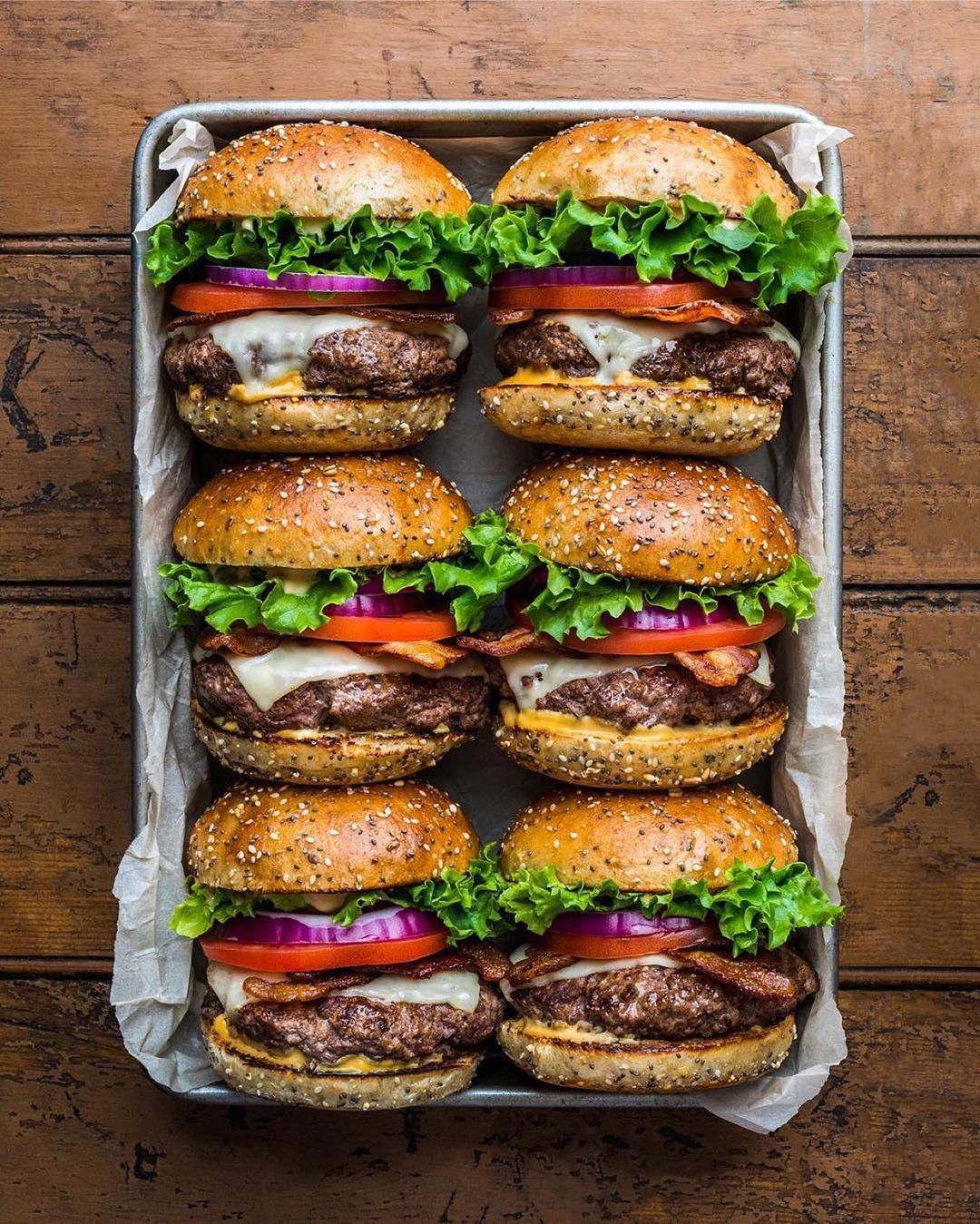Salt is great for adding the perfect dose of flavor to your meals, but too much isn’t a healthy choice. The American Heart Association recommends keeping your intake below 2,300 milligrams per day. People with certain health conditions may need to limit their intake to 1,500 milligrams each day. A diet that is too high in sodium can cause elevated blood pressure, which is a contributor to heart disease and heart attack. Reading labels is important in helping you keep control. In general, the following foods are ones to limit or avoid when you’re watching your salt intake.
Reader Poll
Thanks for sharing your thoughts.
Want more like this? Subscribe for personalized picks.
Successfully subscribed.
Check your inbox for personalized content.
1. Canned Soup is Really Bad
A can of chicken noodle is fast and easy on a busy day, but canned soup is packed with salt. This is to add flavor and to help preserve it on the shelf. Some types of canned soup contain more salt than you need in a day so it’s a good idea to skip it. Instead, make a big batch of homemade soup and portion it out so that all you have to do is heat and eat when the schedule gets crazy.
2. Stay Away from Processed Meats
There are several reasons why you shouldn’t be eating processed meats. One of them is that they contain quite a bit of sodium. Again, this is to preserve the meat and keep it fresh. Instead of pepperoni, hot dogs or lunch meat, try using leftover chicken, pork or steak to make sandwiches, pizza and salad. You’ll get a great dose of protein without all the salt. Perfect!
Reader Poll
Thanks for sharing your thoughts.
Want more like this? Subscribe for personalized picks.
Successfully subscribed.
Check your inbox for personalized content.
3. Condiments Could do You in
Condiments are something you probably add to your plate without really thinking about their health consequences. However, some of them are absolutely loaded with sodium and should be eaten in very small amounts or not at all. This includes bottled barbecue sauce, ketchup and soy sauce, in addition to several others. Read labels and consider making your own condiments to save yourself some salt.
4. You Should Never Eat Frozen Dinners
OK, the occasional microwave dinner probably won’t hurt you, but if you rely on frozen meals a majority of the time, you are likely getting way more salt than you need. You can find lower sodium versions, but it will take some diligence and lots of reading labels to find convenience meals that fit within your health goals.
5. Watch the Kinds of Cereal You Buy
You might be surprised to find that some types of breakfast cereal contains more salt than is healthy in a single serving. Once again, you’ll have to read the label to know for sure. Balance the salt content in your favorite cereal with what you’re eating for the rest of the day to be sure you aren’t going over the recommended limits.
6. Choose Plain Frozen Veggies over the Ones in Sauce
Frozen veggies are a great choice because you meal plan needs plenty of produce for health reasons. However, the ones that come in sauce are probably too high in salt to be a great pick. Skip the ones in cheese or butter sauce and opt for the plain version instead. Add flavor yourself once they’re cooked and you’ll have a healthy side dish for any meal.
7. Be Careful with Veggie Burgers
I love veggie burgers and they can make you feel pretty virtuous when you choose one for a meal. However, since the frozen ones you buy at the store are processed, they may be heavy on the sodium. Make sure you balance your favorite choice with your other daily food decisions or consider making your own at home and freezing them.
Which of these foods are you eating? What are you going to cut back on for a healthier meal plan?
Reader Poll
Thanks for sharing your thoughts.
Want more like this? Subscribe for personalized picks.
Successfully subscribed.
Check your inbox for personalized content.
Don't Miss the Latest Version
Get the latest stories, save favorites, and share with friends — all in one place.
Create your profile. Earn badges. Level up your reading.
Join Allwomenstalk to track your streaks, collect badges, and earn XP for the things you already do—reading, sharing, and taking quizzes.
- 🔥Daily streaks with gentle boosts for 3, 7, and 30 days.
- 🏅Collect badges like Reader I–III, Socialite, and Quiz Ace.
- ⚡️Earn XP for reads, deep reads, likes, comments, and shares.
It’s free. Takes 30 seconds. Already have an account? Sign in.




Feedback Junction
Where Thoughts and Opinions Converge
2017-08-12T12:40:33.809Z
2017-08-12T18:12:07.551Z
2017-08-13T07:37:10.813Z